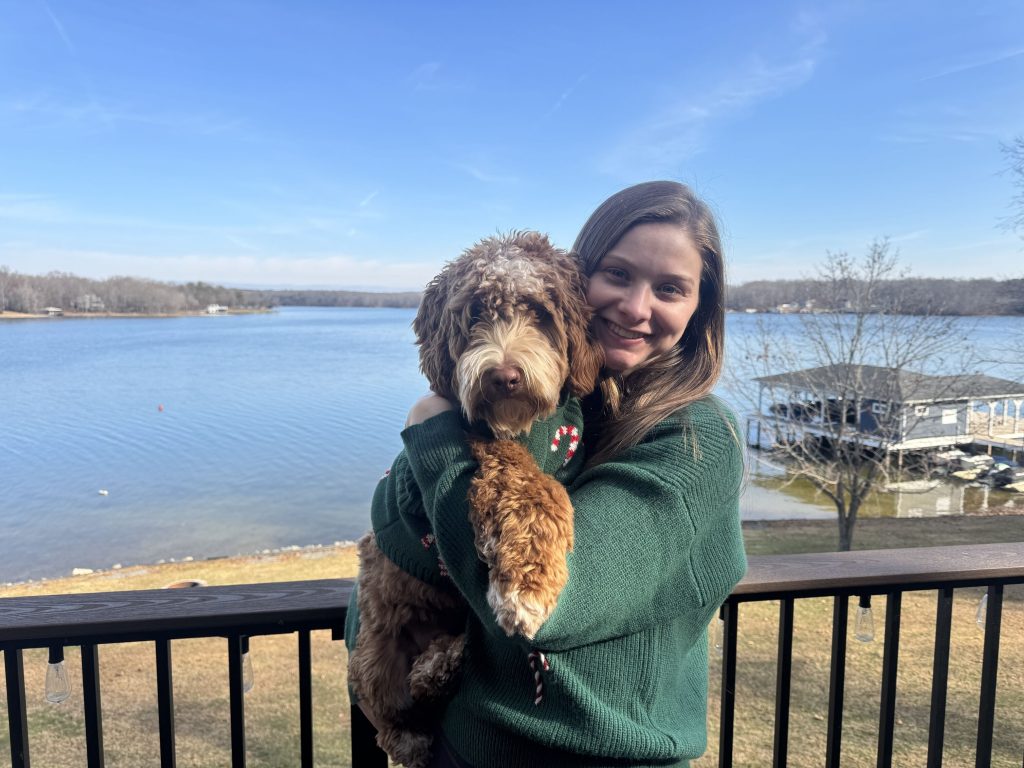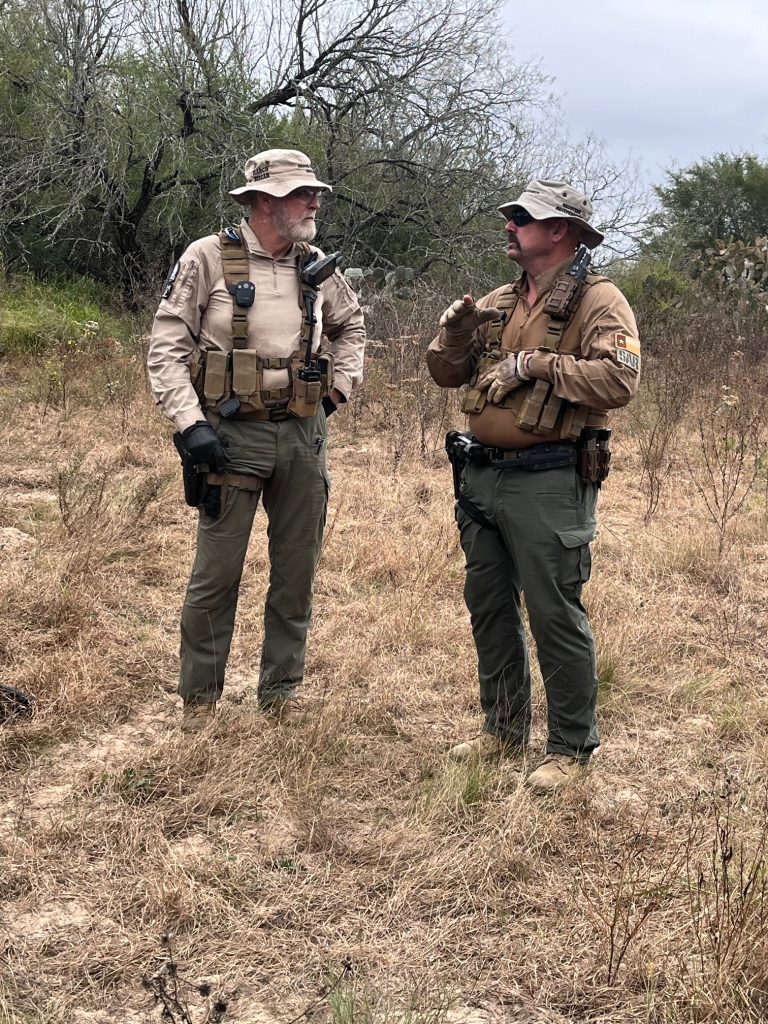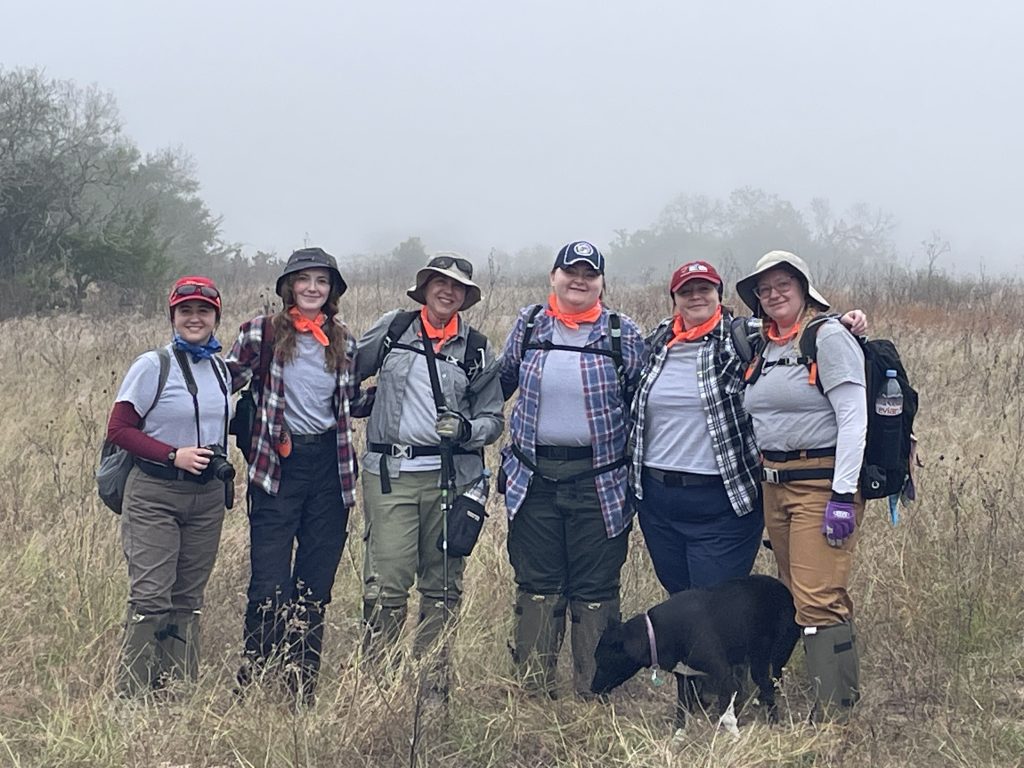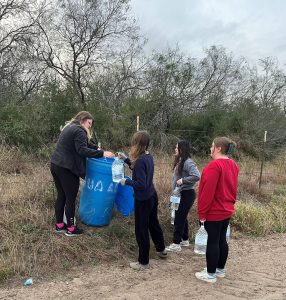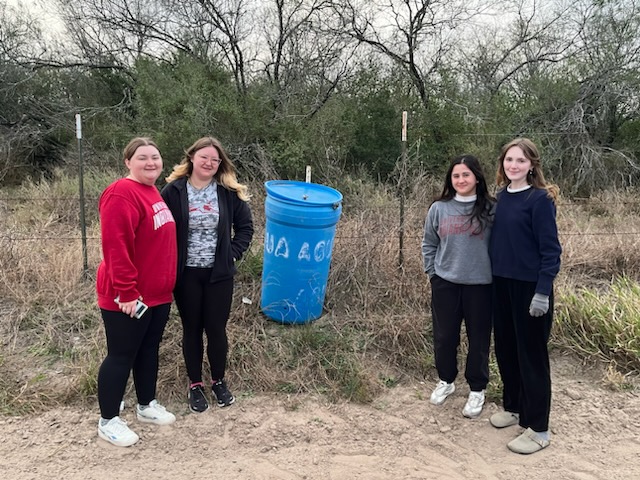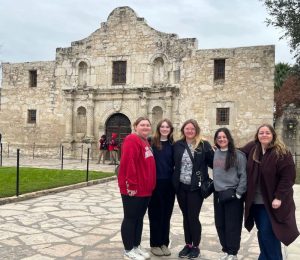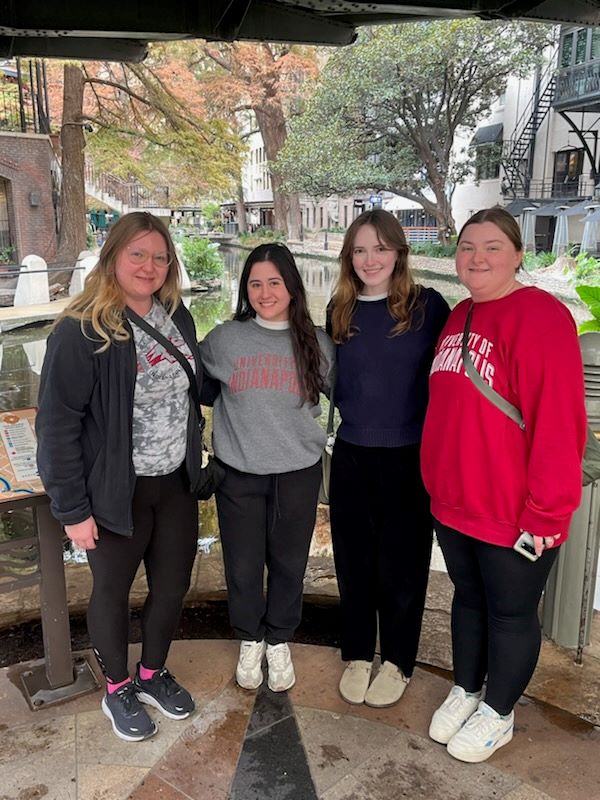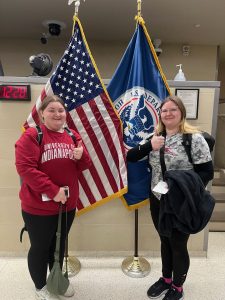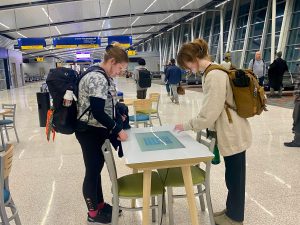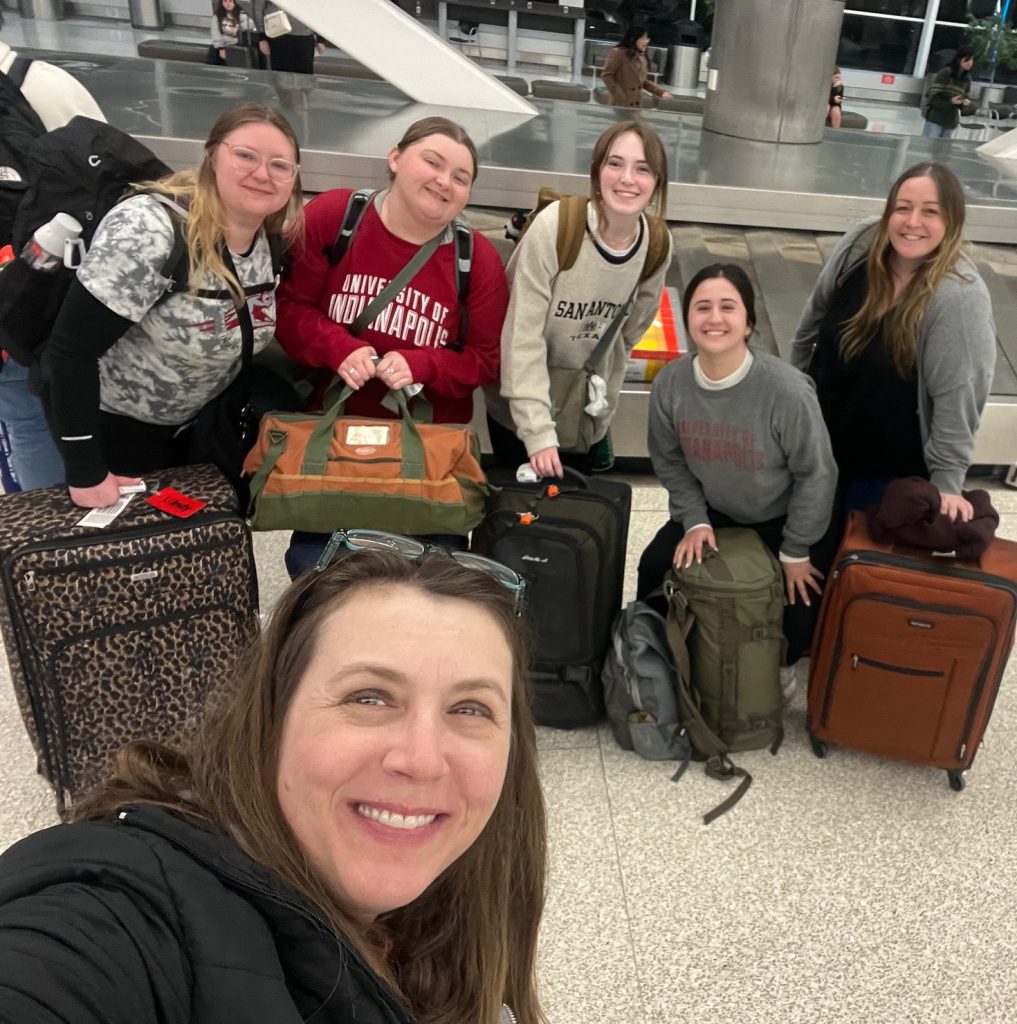I have been attempting to write this pre-trip blog post for days. It has sat on my to-do list for weeks, and yet I still feel unsure about what exactly to say. Today is Christmas, and I spent the day with my family and my sweet puppy, even opening a few gifts meant for my time in Texas. Despite the joy I felt today, the reality of this trip has quietly lingered in the background. Friends, neighbors, coworkers, and family have all asked me about this trip, if I feel ready, what we will be doing, where we are going, etc. Some have even told me to “have fun,” and I’m not quite sure how to respond to that because I know this experience will not be centered around fun. More often, I receive a “good luck with that” after I explain the long hours and difficult work ahead. Even today, on the phone with my family in England, I found myself being especially careful with my wording, knowing my 4 and 6-year-old cousins were listening. Throughout all the conversations, I have done my best to explain what our team will be doing and why this work is important. Still, it is hard to talk about something you have never done, especially when there are so many aspects of the experience that are still unknown.
As the departure date approaches, I am beginning to feel a growing sense of anxiety. There is so much to prepare for, both physically and mentally, and my numerous packing lists are not helping to calm the whirlwind in my mind. I have struggled with anxiety for what feels like my entire life; often staying up late with thoughts swirling in my mind the night before a big event. As a child, my mom would guide me through breathing exercises and progressive muscle relaxation techniques. As an adult, I continue to use these tricks before stressful days or when my mind will not shut off. I know I will feel this way on the night of January 1st, and probably many nights in Texas. I have accepted that my anxiety will always be a part of me, but I use it to empower me, not control me. I will only let it fuel my passions, as I believe I feel anxious because I deeply care, and I want to do my best. This trip is no exception. At times, my anxiety feels small in comparison to the realities many families have faced at the border. However, I know what I can do to prepare myself for this trip. I have a general sense about what to anticipate and what I will experience, but I am prepared to expect the unexpected every day in Texas. I will approach every day with flexibility, humility, empathy, and an openness to learning.
When my anxiety or negative feelings feel overwhelming, I like to ground myself in reminders of home, usually by asking my parents for a photo of our dog. So, to wrap up this post, I find myself reflecting on some simple lessons dogs offer that feel relevant as I prepare for this trip. First, practice loyalty. Stay loyal to those around you and your beliefs. I will remain loyal to my team and this mission, as I truly believe in this work. Second, patience is a virtue. No matter what hardships I may face during this trip, I will remain calm, focused, and refrain from complaining during the long, difficult days. Next, live in the present and soak in every moment. I will need to remind myself to remember why we are here and why this work is so important. I will stay present and make the most of every learning opportunity to grow my fieldwork skills. Lastly, don’t forget to drink plenty of water and make time to rest and recharge. Taking care of myself so I can fully show up and help others is essential.
As I prepare for Texas, I understand every day will bring new challenges, but I am committed to approaching this experience with care, intention, and respect for the work and communities we are supporting. I am stocked up on dog photos, will continue to ponder my many packing lists, and prepare my mental toolkit of strategies when the unexpected occurs. Overall, I am preparing to navigate my anxiety by finding ground in the unknown.
Amanda
